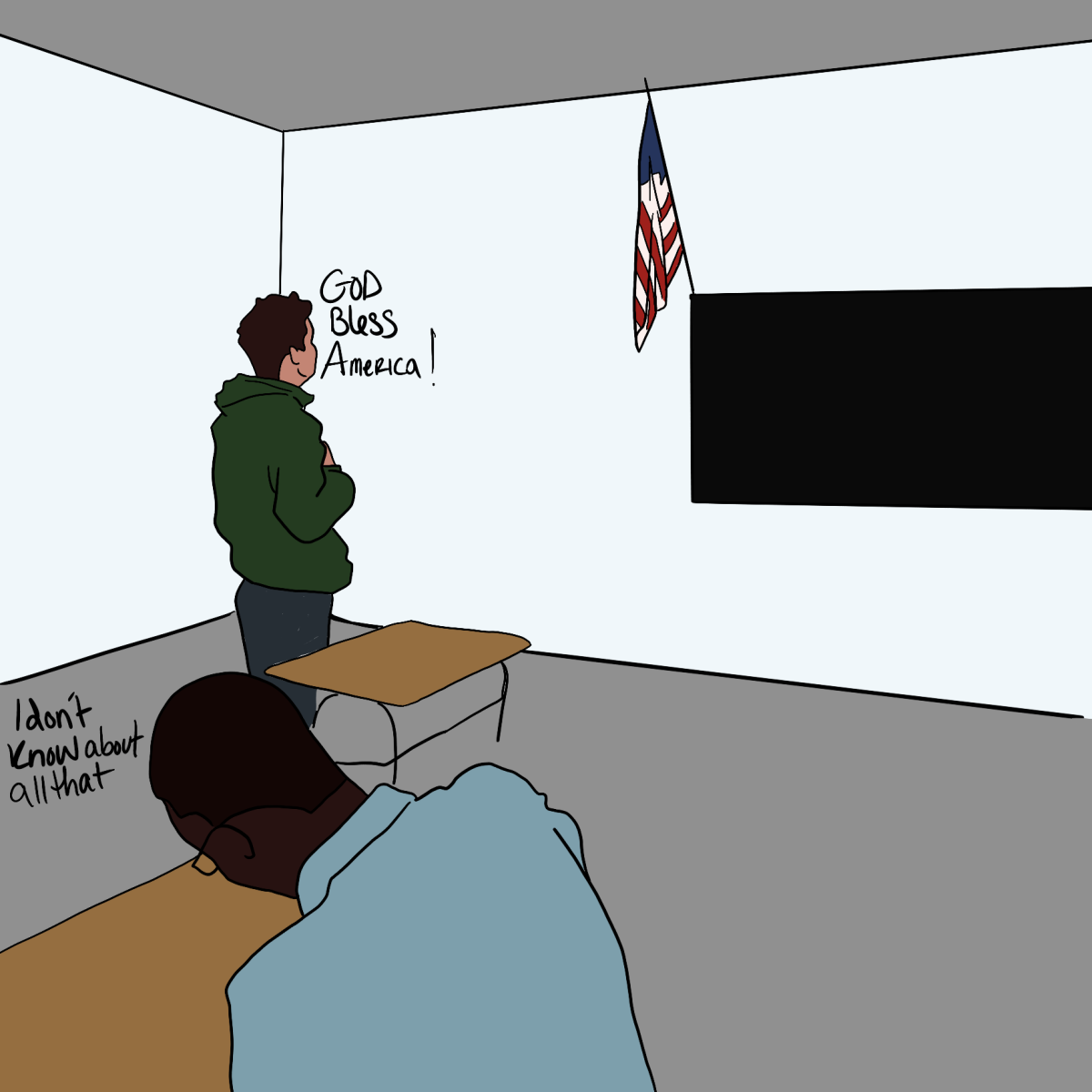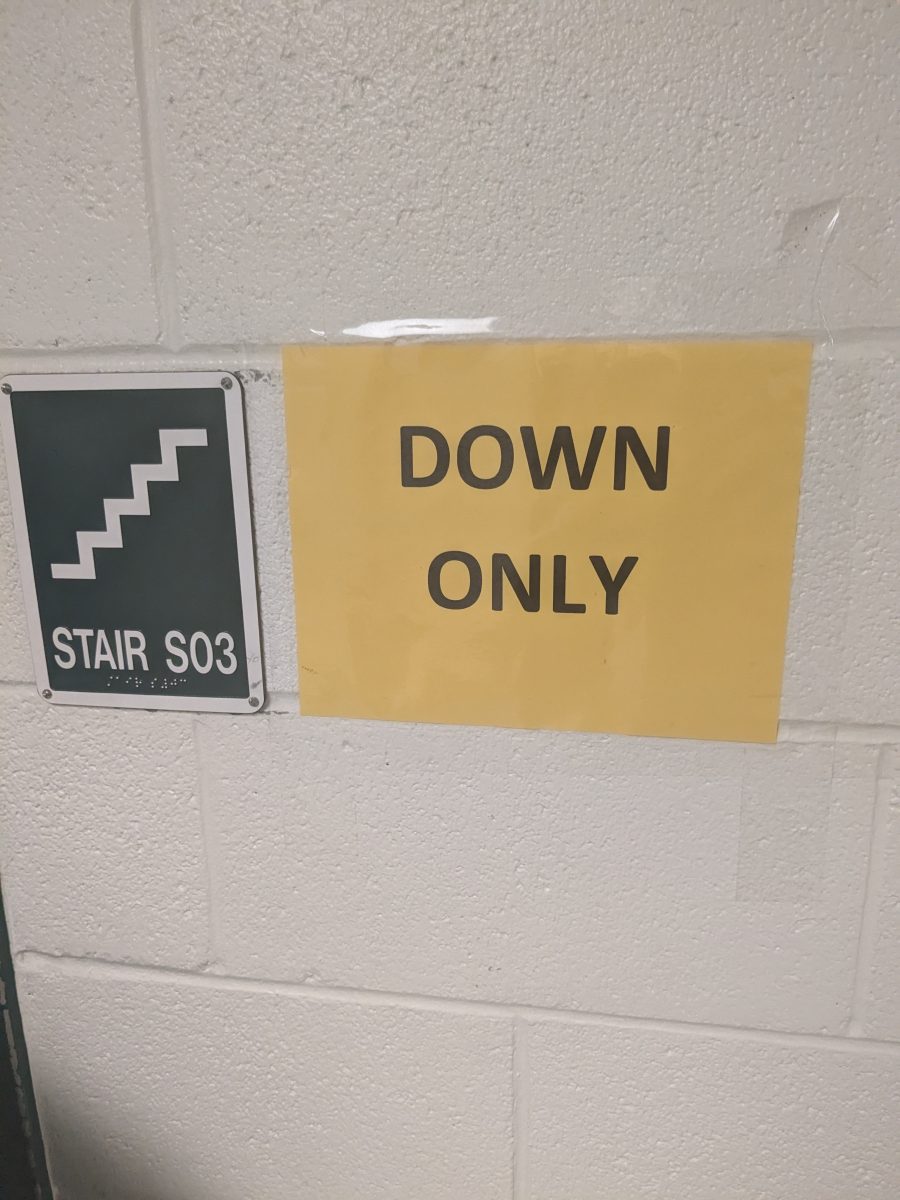
Point:
Sunday, January 30: Following a crucial overtime interception of Patrick Mahomes, the Cincinnati Bengals made a 31-yard field goal to seal their spot in the Super Bowl for the first time in over 30 years.
But wait, the Chiefs won the coin toss and elected to receive; shouldn’t they have been guaranteed a victory? If all overtime requires to win is a touchdown on the opening drive of the period, how did such a potent Kansas City offense, led by arguably the best quarterback in football, stumble so tremendously?
The answer lies in the fact that scoring touchdowns isn’t easy – especially after four quarters of play. Nowadays it seems that people have forgotten the existence of both defense and special teams, the two key phases of football that are often overlooked by exciting offensive schemes.
Since 2001, playoffs included, NFL offenses have scored touchdowns on just 19.9% of possessions. To put it into perspective, drives have resulted in punts 39.6% of the time – and that’s not including turnovers. Drives ending in either interceptions, fumbles, loss of downs or safeties account for 17.1%. In essence, scoring a touchdown is statistically unlikely. Games are not simply decided by a coin toss that gives one team the first opportunity to score.
Implemented in 2010, today’s overtime rules have been in use for a total of 163 games. In those games, the team who possesses the ball first is 86-68-10. In other words, the team who wins the coin toss (besides Bill Belichick in 2015, who elected to kick upon winning the flip) has a 52.4% chance of winning. Technically, the coin toss gives the receiving team a very negligible boost at winning – one that is hardly noticeable in the scope of so many games.
A common narrative for opponents of the NFL’s overtime rules is that they should adopt those of college football.
In CFB, teams are granted one possession beginning at the opponent’s 25-yard line. Each team retains the ball until it scores or fails to make a first down, and the game continues until one team scores and gets a defensive stop.
In some instances, games under this format have lasted extraordinarily long. Since the rules were revised in 1996, six games have gone to a whopping seven or more overtime periods. Last October, Illinois and Penn State played a lengthy nine-overtime affair that took four hours and 11 minutes – something the NFL needs to avoid at all costs.
CFB overtime rules are conducive to longer games, more injuries, and players padding the stat sheets. It’s called “overtime” for a reason – the game should be over.
The current OT rules are, in fact, not antiquated and should remain the same moving forward.
Counterpoint:
After losing the coin toss in overtime, the Bengals were lucky enough to intercept and win the game. The Bills were not as lucky the week before when they lost and their offense didn’t even get a chance to touch the ball in overtime. The NFL overtime rules should be changed so that the coin toss doesn’t decide the winner of the game and that both teams get possession of the ball at least once.
Buffalo lost in an offensively dominated game, with Josh Allen on one side of the ball and Patrick Mahomes on the other. Putting the outcome of the game on the tired Bills defense at the end of the game isn’t fair.
The famous line, “defense wins championships,” doesn’t mean that it should be up to the defense of the coin toss losing team to win the game. It means that the defense works harder than the offense the entire game, meaning the offense should be able to help them out in overtime.
When Mahomes is with the ball it almost automatically means a Chiefs win. When the Chiefs won the coin toss against the Bengals, almost everyone watching the game thought it was over, especially after the Bills game the week before.
Overtime shouldn’t go on forever but the rules should be fair. There is a way to allow both teams time on offense without the game going on too long.
In college football, regardless of who wins the coin toss, each team gets a chance to go on offense from the other’s 25-yard line in the first overtime. Although after the second overtime, both teams keep attempting two-point conversions, which drag out the game making it not much better than the NFL’s current overtime.
Before both of these games, the NFL was already looking into changing overtime rules, specifically as it relates to postseason games.
The AFC Championship in 2019 is another example of a playoff game that was decided after the Chiefs, the team that lost the coin toss, didn’t get to touch the ball.















